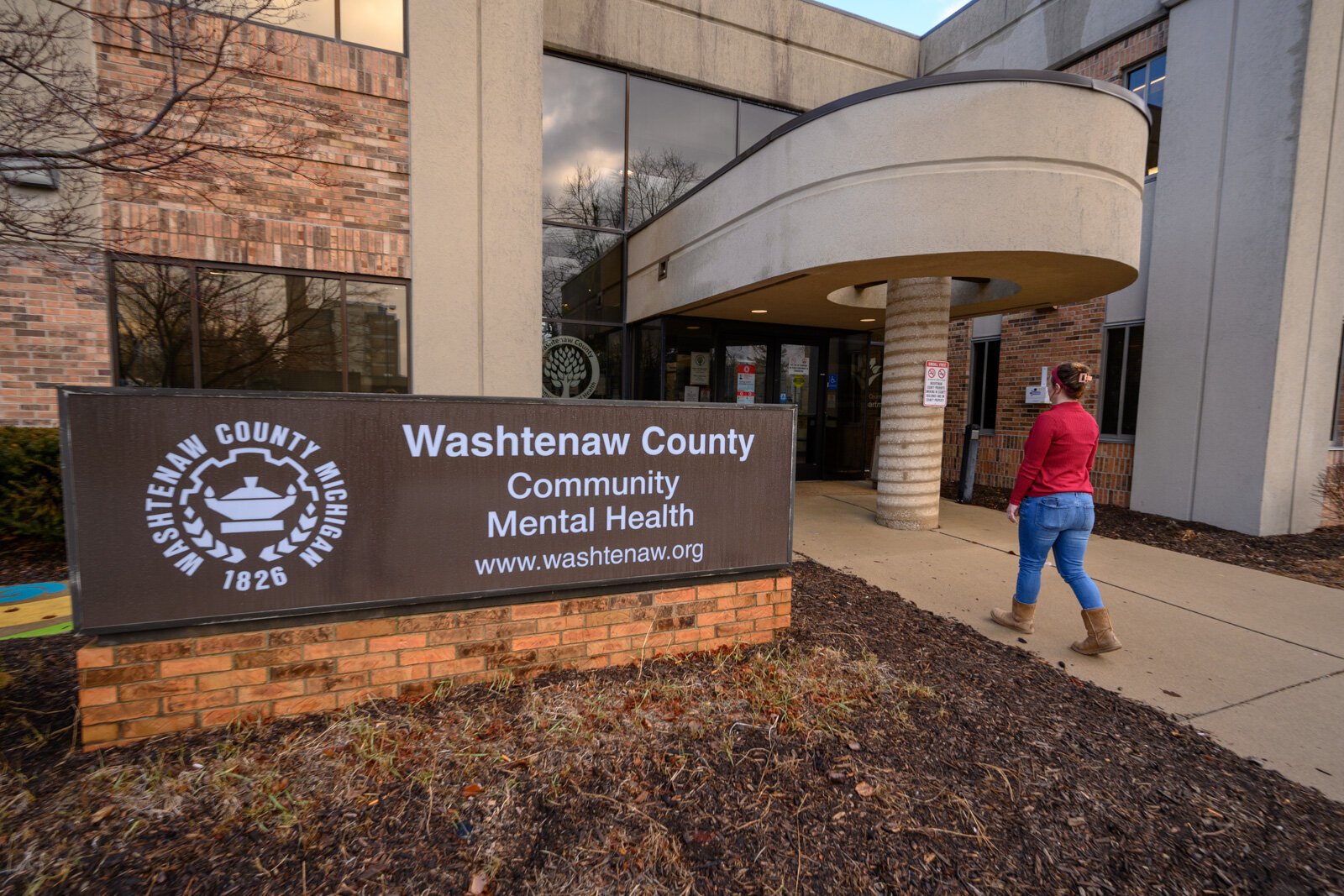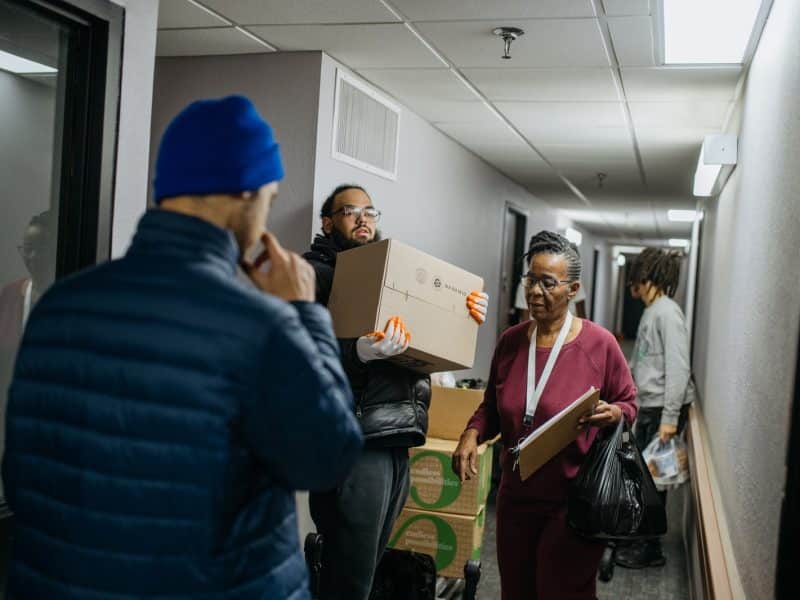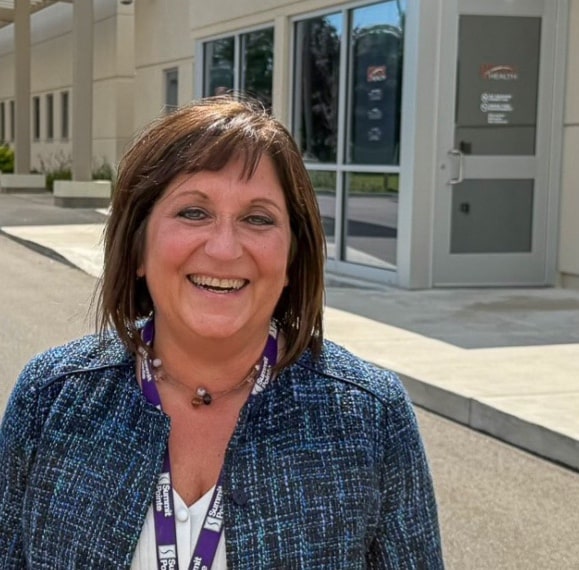Michigan's 34 CCBHCs provide whole-person care by integrating physical health with a comprehensive range of mental health and substance use disorder services to vulnerable individuals no matter what a patients' income or insurance coverage.

This article is part of MI Mental Health, a new series highlighting the opportunities that Michigan’s children, teens, and adults of all ages have to find the mental health help they need, when and where they need it. It is made possible with funding from the Community Mental Health Association of Michigan, St. Clair County Community Mental Health, Washtenaw County Community Mental Health, and its community mental health (CMH) agency members.
In 1963, it was the dream of many, including then President John Kennedy, that the Community Mental Health Act would establish mental health centers across the country that would be able to help anyone who walked through the doors regardless of financial ability.
It has taken about 60 years, but that dream is finally becoming a reality in the form of Certified Community Behavioral Health Clinics.
“I had a family member who was trying to get an appointment and couldn’t do it,” says Karen Zultak, CCBHC and integrated health care supervisor for St. Clair County Community Mental Health (SCCCMH). “And so I had to take her insurance information. She was in a crisis, and I had to make those phone calls and try to find an appointment for her. Even working in this system myself, it was a real challenge, and it was really stressful.”
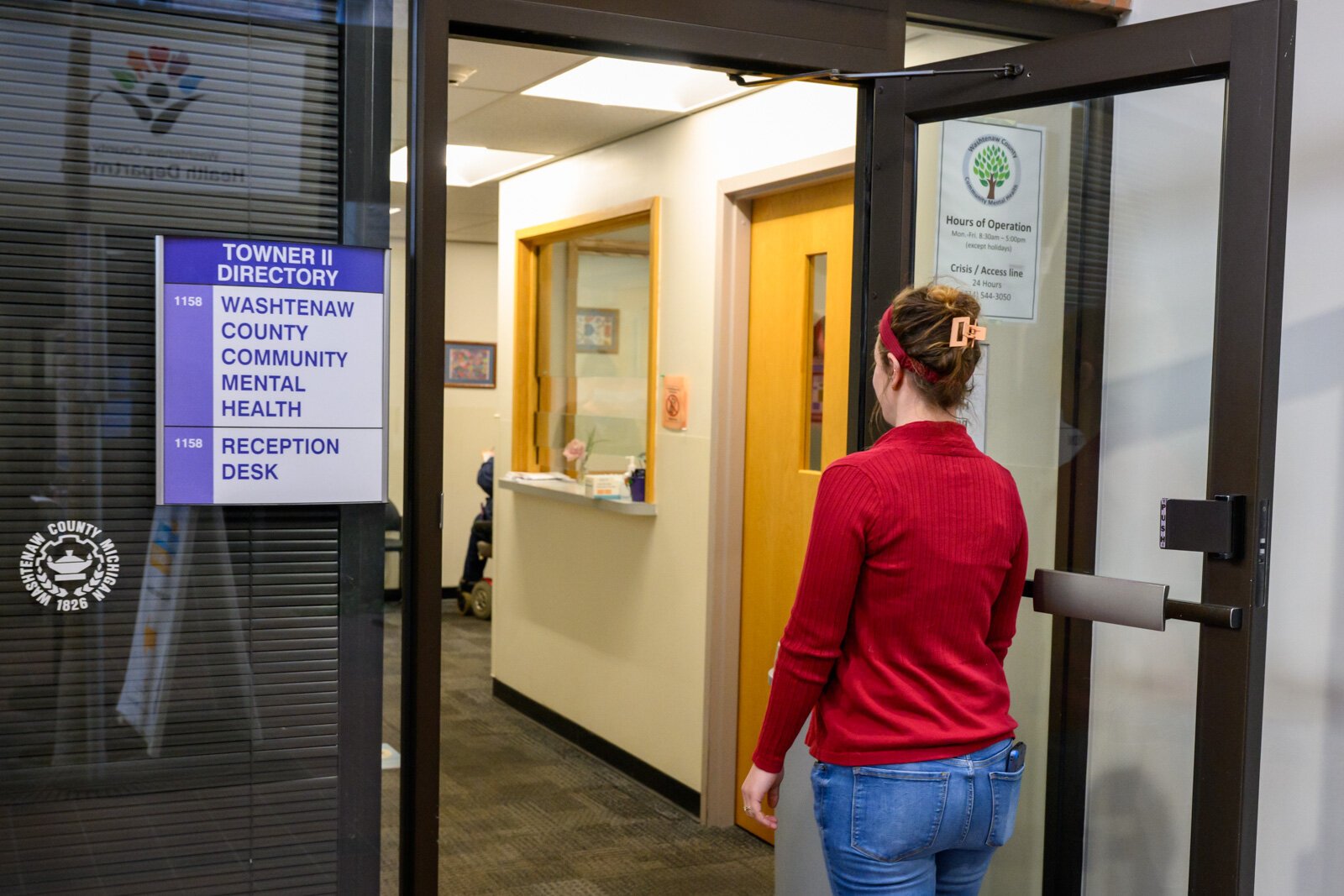
Established by the Excellence in Mental Health Act, CCBHCs are designed to provide whole-person care by integrating physical health with a comprehensive range of mental health and substance use disorder services to vulnerable individuals. With whole-person care, all aspects of a person’s health can be considered, which include physical, mental, and behavioral health as well as socioeconomic status, housing situations, and other social challenges. SCCCMH and Washtenaw County Community Mental Health (WCCMH) are two of Michigan’s 34 CCBHCs.
“The general idea is to eliminate the challenges for people so that no matter who you are, what you need, you call this number and the CCBHC is here to serve and help,” Zultak says. “And that’s generally what we want to do as a country is get people the help they need.”
Replicating Michigan’s mental health care system
In 2014, Senator Debbie Stabenow (D-Mi), working with U.S. Senator Roy Blunt (R-Mo), led the charge in getting the Excellence in Mental Health Act passed, which established CCBHC demonstration sites. These are full-service clinics where anyone can walk in and receive services. Funding for demonstration sites is split between the federal government, which pays 75%, and the state, which covers 25%.
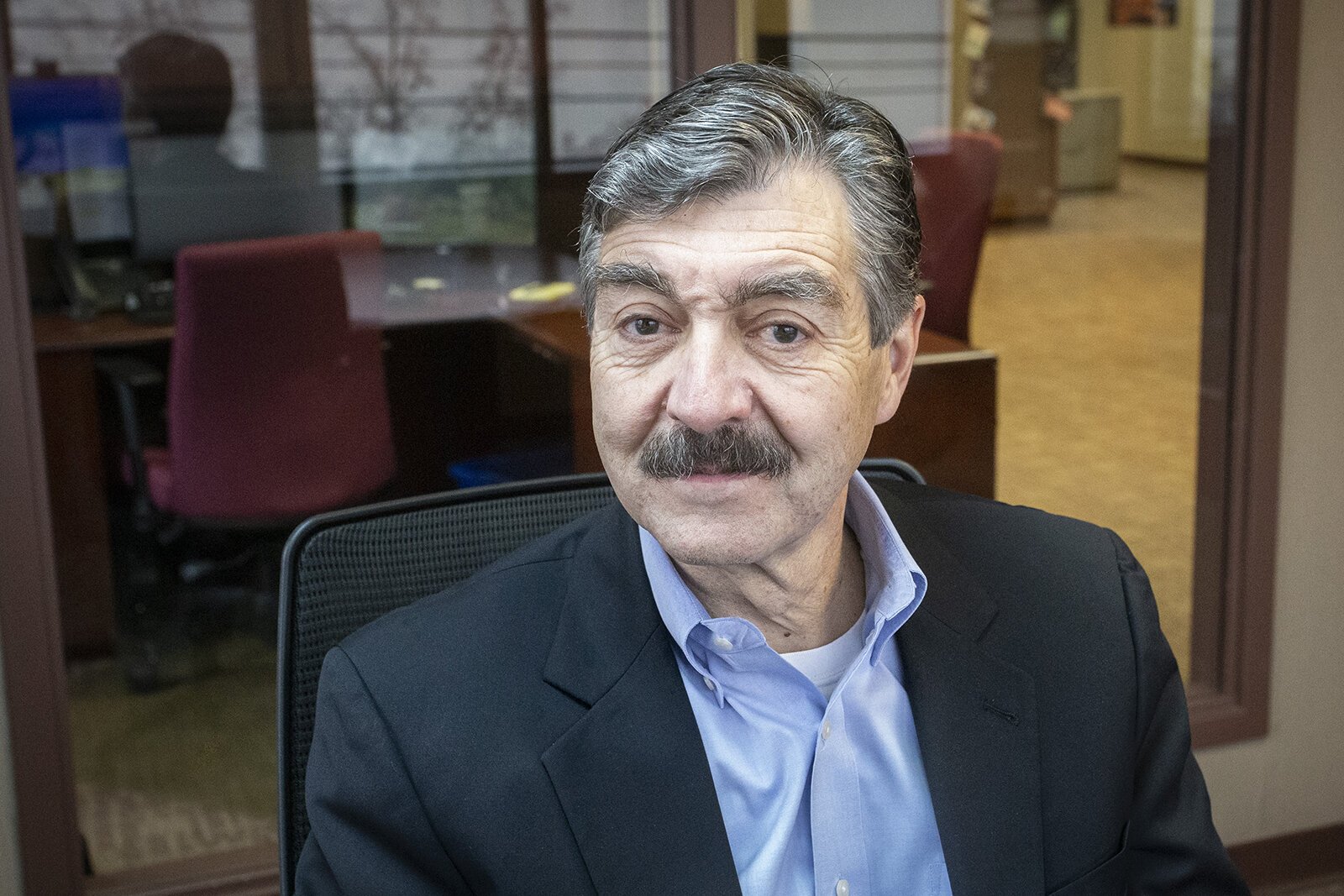
“Senator Stabenow has been a mental health advocate her entire career, since she was a county commissioner,” says Robert Sheehan, chief executive officer for Community Mental Health Association of Michigan. “She’s always looked at Michigan’s system and said, ‘Why does nobody else have this?’”
Since the 1980s, Michigan has been using evidence-based practices, such as assertive community treatment (ACT) or clubhouse programs. While these evidence-based programs have been available in Michigan, most Michigan residents were not able to access them unless they were on Medicaid.
“I can’t get my kid or myself into that care because I’m not on Medicaid,” Sheehan says. “Michigan, like most states because of the federal share, moved almost all their mental health care to Medicaid, meaning it eliminated care virtually for anybody else without Medicaid enrollment.”
For Stabenow, it was not about establishing comprehensive care in Michigan, which was the need in other states, but in opening up access to that care.

Michigan was not one of the original eight states to start the CCBHC demonstration sites program. Recognizing that there were individual community mental health facilities that were not part of the demonstration site states, Stabenow pushed for the creation of Substance Abuse and Mental Health Service Administration (SAMHSA) expansion grants. These grants went straight to the clinics so the organization could start working on meeting the CCBHC criteria.
Taking the steps to become a CCBHC
SCCCMH was a part of Michigan’s original submittal to become a demonstration site. According to Deb Johnson, CEO of SCCCMH, since the organization already was following the steps to become a CCBHC, such as establishing a mobile crisis unit — one of the nine CCHBC requirements — SCCCMH applied and received an expansion grant.
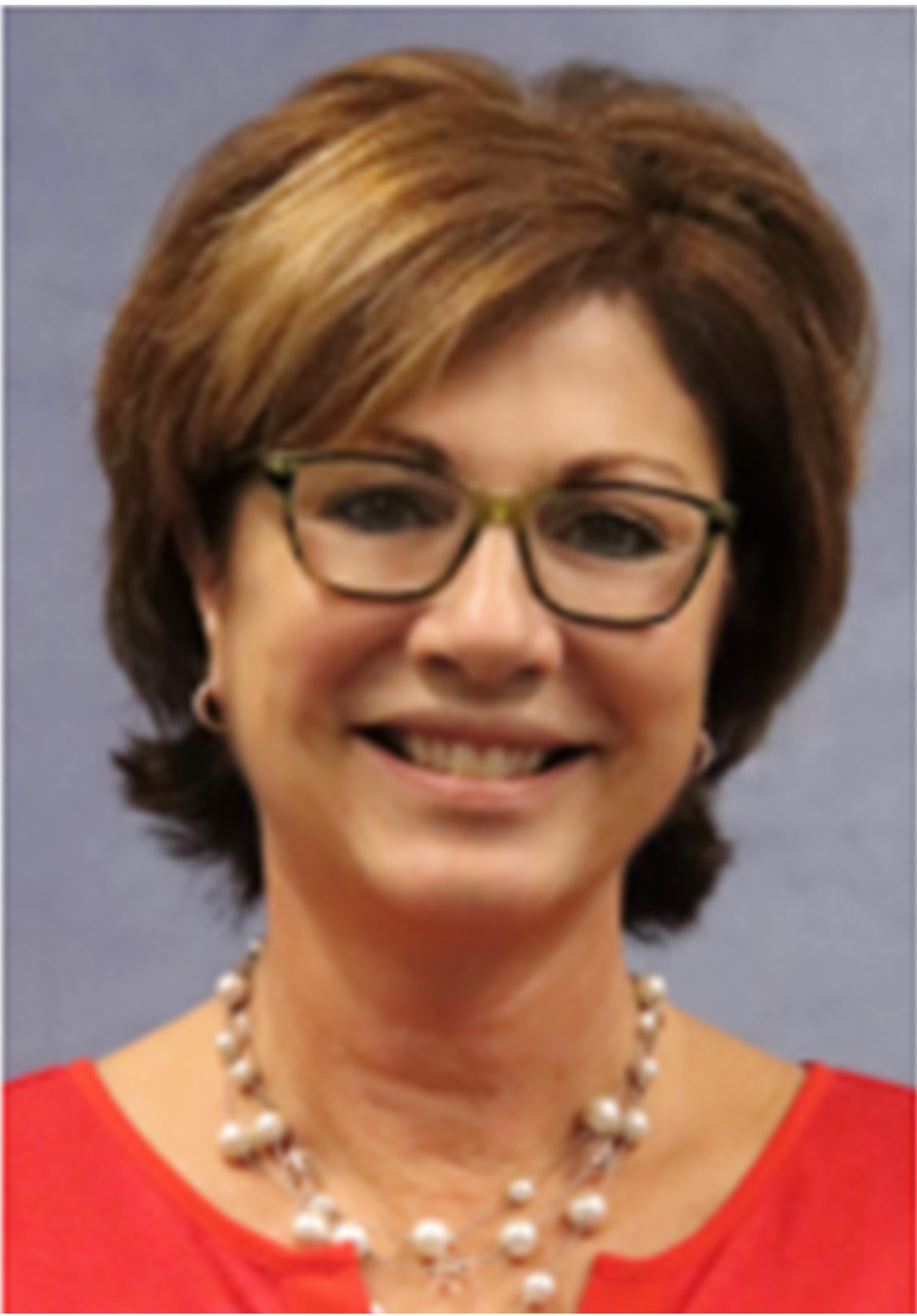
Expansion grants are more flexible, allowing organizations to focus on specific populations. SCCCMH’s proposal, according to Zultak, who was the CCBHC project director for the grant, was written like a demonstration site proposal. St. Clair sought to fill a gap by working with people who had private insurance and had not been able to access services at St. Clair.
“That is the kind of thing that this grant money was supposed to be used for, to fill in those gaps,” Zultak says. “When we did become a demonstration site, which happened Oct. 1, 2021, we were fortunate because we had that expansion grant funding, and we were already identifying areas that we needed to improve on or make a little bit more robust. So, we were ready and fully prepared to be a demonstration site.”
While Michigan was not one of the first states to have CCBHCs, it has been one of the fastest growing. Sheehan noted that with 34 CCBHC sites, Michigan has about twice as many as any other state, and more community mental health organizations looking to come on board. Of those sites, 13 are demonstration sites, which is comparable to the number that other states have.
“We were two years behind other states that opened in 2016,” Sheehan says. “It jumped really quickly. I think it’s because of the comprehensive nature of our system. In some states, for example, they had to invent an assertive community treatment (ACT) team, the crisis response team. We didn’t have to do that in Michigan.”
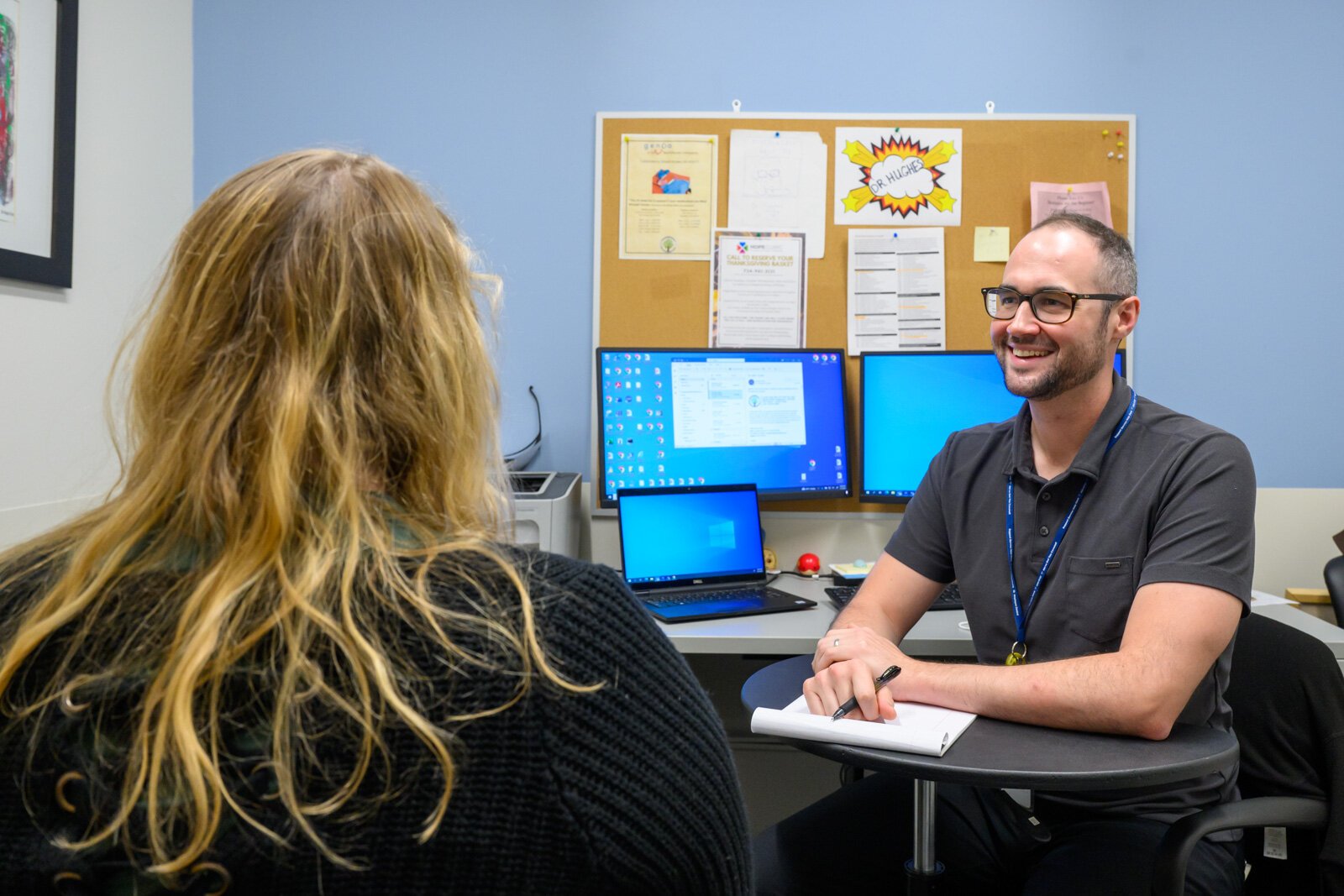
CCBHC sites are mostly clustered in the lower half of Michigan’s Lower Peninsula. Many are in the Detroit area, Wayne and Oakland counties. Other counties, such as Washtenaw, Ionia, Kent, Kalamazoo, Ottawa, Van Buren, and Berrien, have at least one. The most northern sites are West Michigan Community Mental Health, which services Mason, Lake and Oceana counties, and Alternative Community Living Inc. DBA Hope Network New Passages, which services Bay County.
Providing access to all is a transformative force
Because CCBHCs cover anyone, organizations, such as SCCCMH, have seen an increase in numbers.
“I think it’s pretty obvious that mental health issues are on the rise and in all ages,” Johnson says. “I think the biggest area we’re seeing a lot more of an increase in our intakes is with kids.”
The biggest challenge has been keeping up with the need. In the past two years, Johnson estimated that SCCCMH’s staff has grown from 200 to 450. This follows the National Council for Mental Wellbeing (NCMW) 2022 CCBHC Impact Report, which stated the CCBHC model has alleviated the impact of the workforce shortage by enabling clinics to increase hiring. On average, 27 new staff per clinic were hired as a result of being a CCBHC.
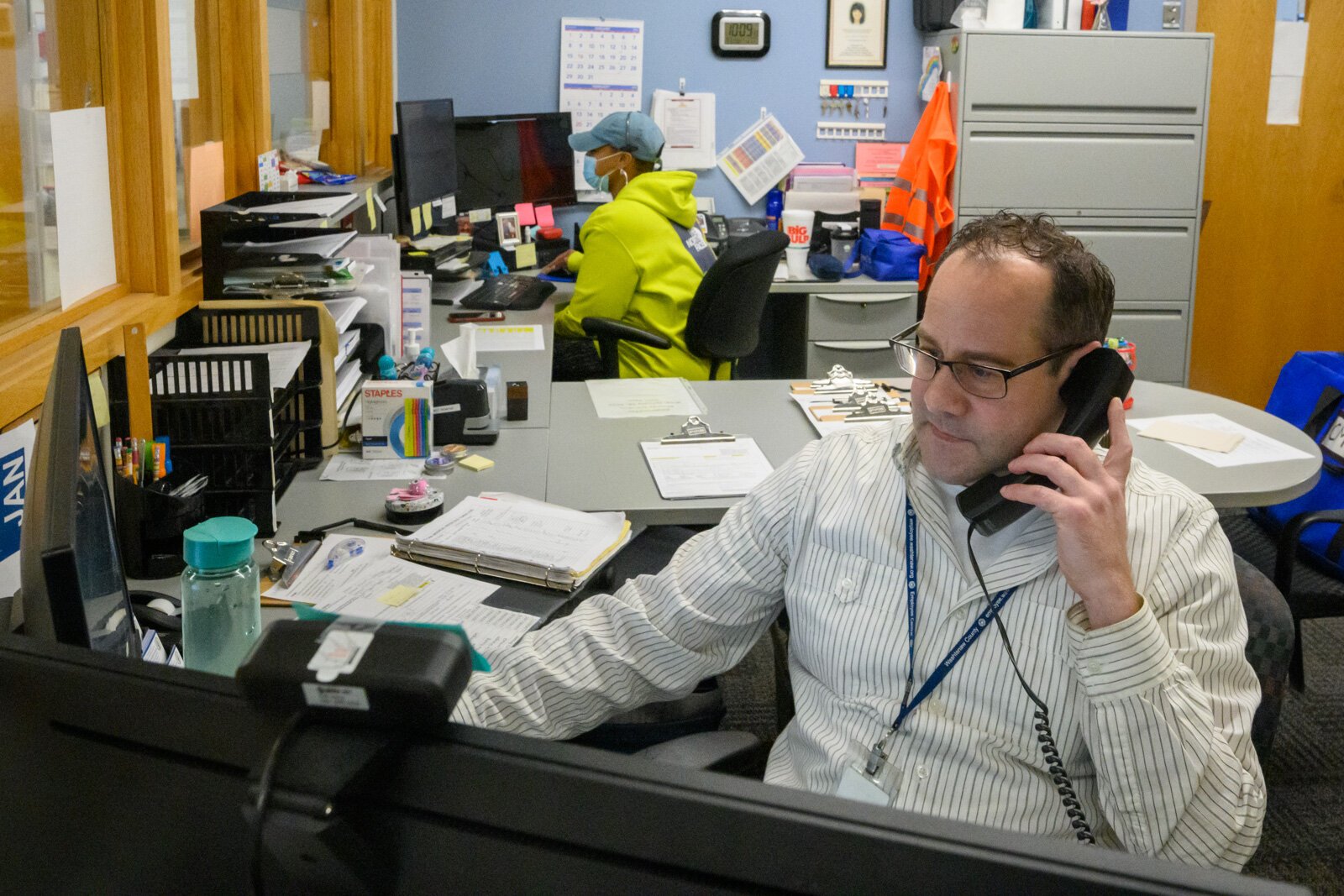
The NCMW report also stated that CCBHCs are having tremendous success in tackling the dual mental health and substance use crisis in America. It shows that on average CCBHCs are seeing 900 more people per clinic than they did prior to implementation. The report estimates that 2.1 million people were served by the 450 nationwide CCBHCs and grantees in 2022, which is a 600,000-person increase from 2021.
“There’s a number of findings there that we’re really hoping to see in Michigan including improvements in staffing, training for staff, improvements in care, and care coordination,” says Erica Matti, Center for Health and Research Transformation (CHRT) senior health policy analyst. “Care coordination is a huge one for the CCBHC model. So the states that have had this for a long time have seen really good improvements in care coordination for people.”
Located in Washtenaw County, CHRT collaborates with WCCMH. Because Michigan is a recent demonstration site, there has not been any evaluation of the CCBHC model in Michigan. The state recently received federal funding for that purpose and has partnered with a couple of organizations such as CHRT.

Jonathan Tsao, CHRT research and evaluation project manager, said the evaluations have three purposes. One will be to consider why a CMH is implementing the CCBHC model, as well as the CMH’s successes and challenges in doing so. The second will be an outcomes evaluation of the impact of access to behavioral health services and sustainability. The third will compile lessons learned to help future CCBHC-certified clinics.
“There’s nothing new about the care, but it’s the open access, which financing allows,” Sheehan says. “What we’ve seen in sites is either from a 40% increase in the number of people served to 100% increase. It has been eye popping. When you open the door, people know that they’ve wanted these services for decades, and now they can get it. It’s pretty amazing.”
Joanne Bailey-Boorsma has 30-plus years of writing experience having served as a reporter and editor for several West Michigan publications, covering a variety of topics from local news to arts and entertainment.
Photos by Doug Coombe
Deb Johnson photo courtesy St. Clair County CMH
The MI Mental Health series is made possible with funding from a coalition of Michigan CMHs: Center for Health and Research Transformation, Genesee Health System, Mental Health Foundation of West Michigan, North Country CMH, Northern Lakes CMH Authority, OnPoint, Sanilac County CMH, St. Clair County CMH, Summit Pointe, Washtenaw County CMH, and the Community Mental Health Association of Michigan.
